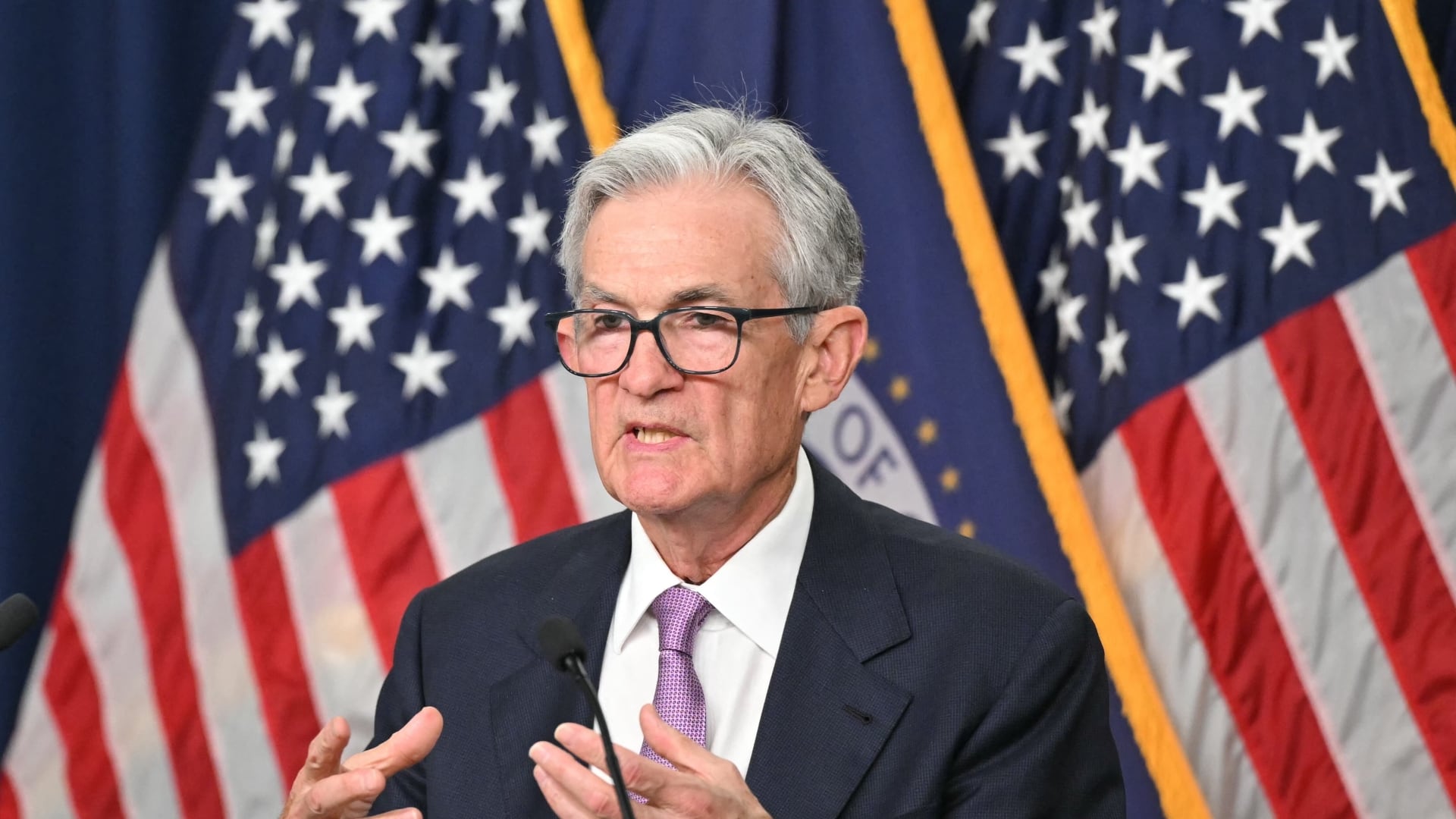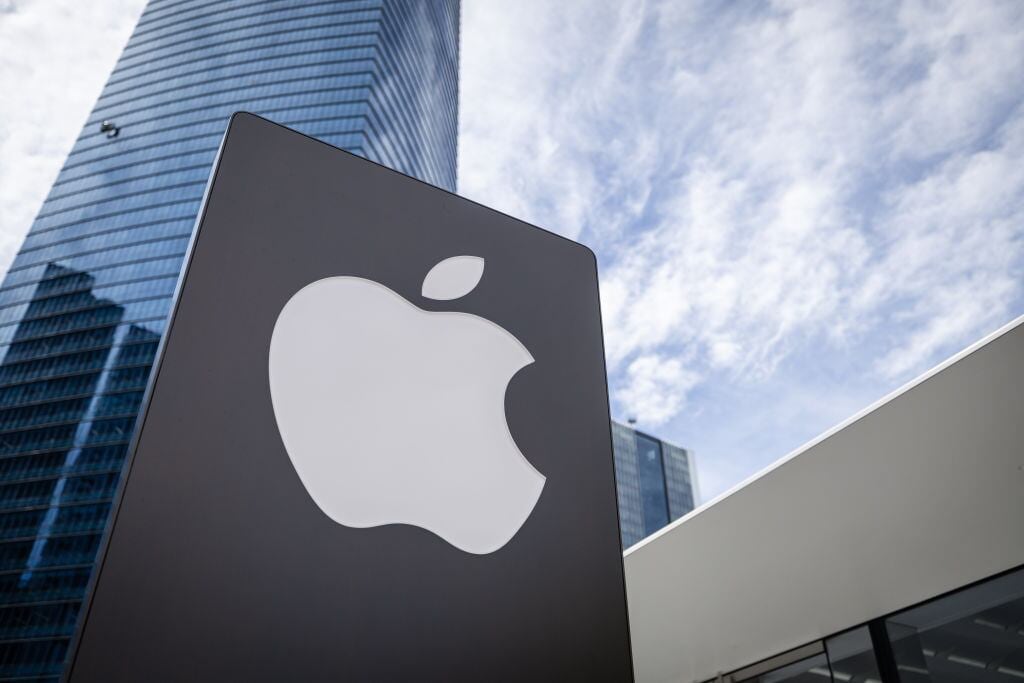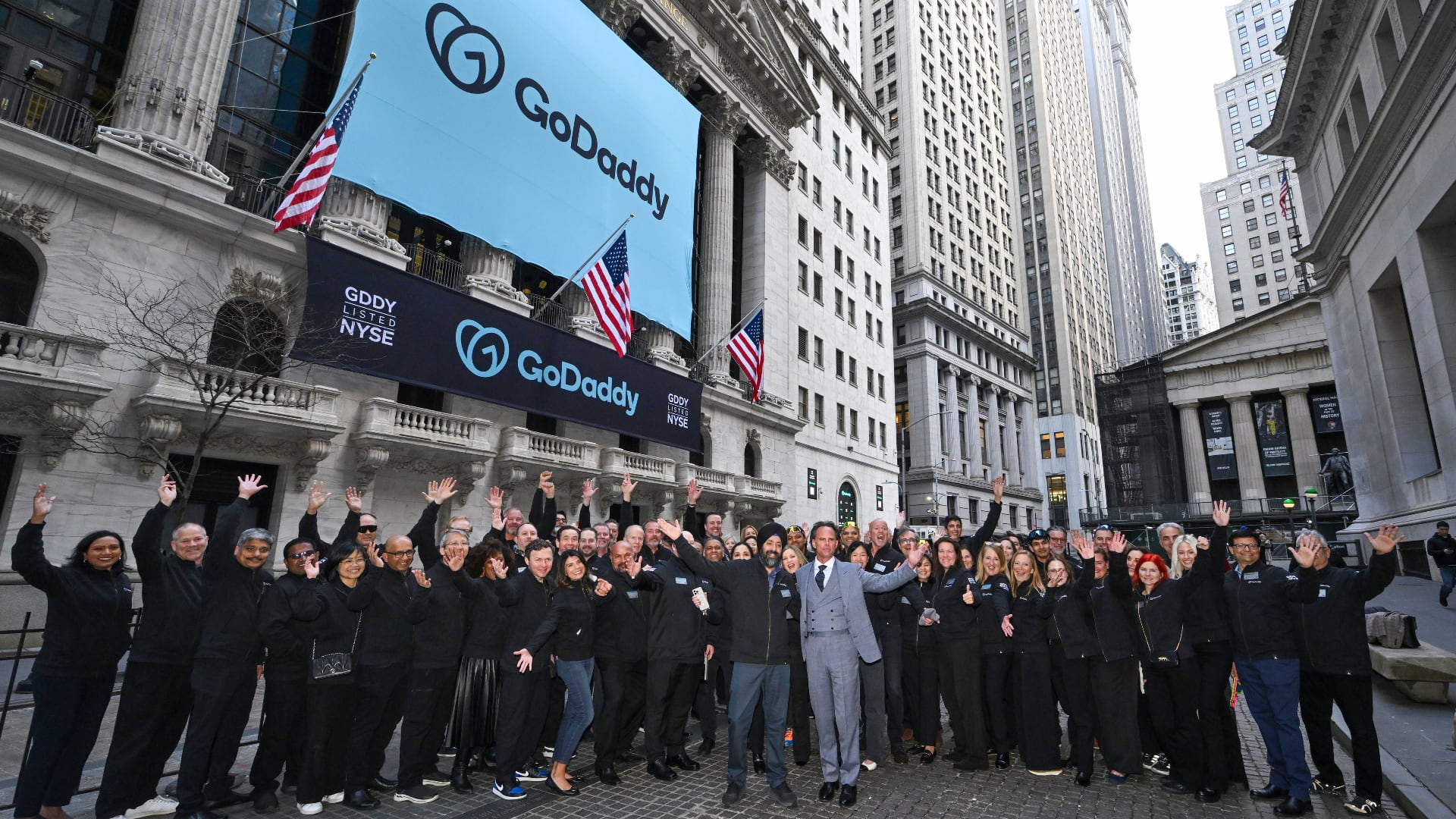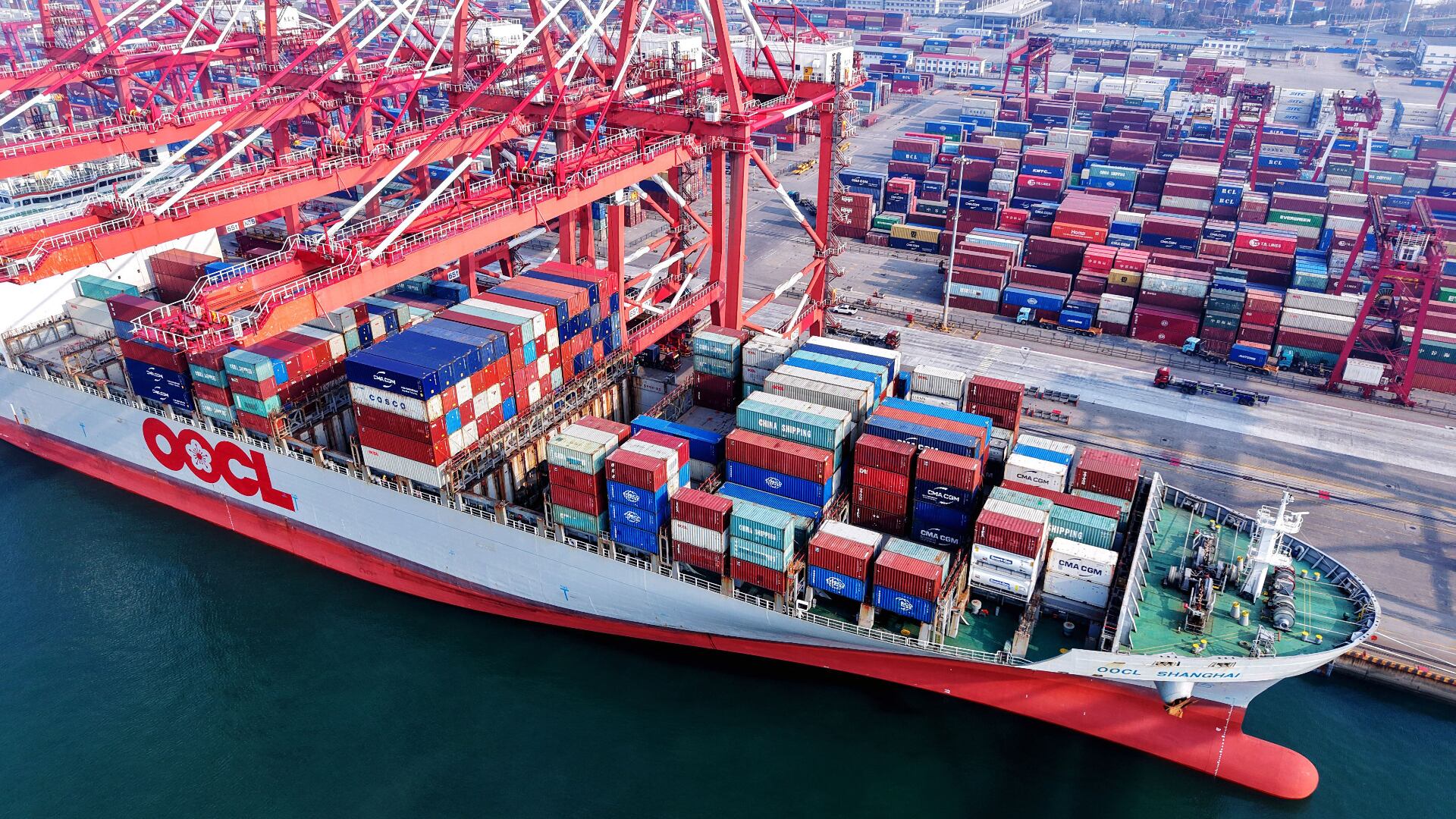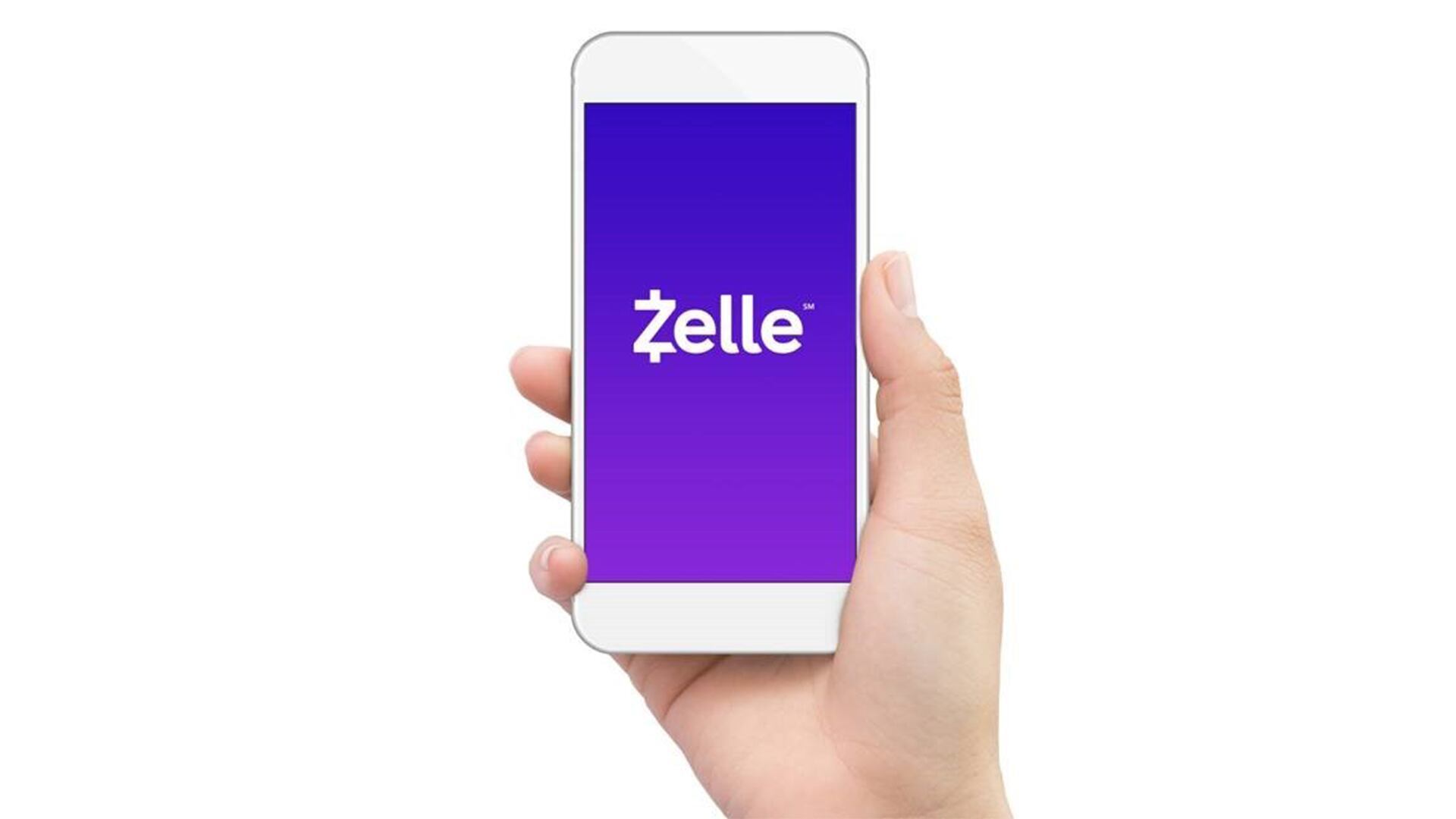The New York Stock Exchange and the Nasdaq Stock Market are closed Monday in observance of Juneteeth.
By Joe McDonald
Global stock markets followed Wall Street lower Monday after the top U.S. diplomat met China's leader but the two sides gave no sign of progress on an array of conflicts.
London and Paris opened lower. Shanghai, Tokyo and Hong Kong retreated. U.S. markets are closed Monday for a holiday. Oil prices fell.
Wall Street’s benchmark S&P 500 index lost 0.4% on Friday after the Federal Reserve held its benchmark lending rate steady but warned it might be raised later if needed to cool inflation.
Xi Jinping met Secretary of State Antony Blinken after what the Chinese government said were “candid and in-depth” talks with foreign affairs officials at a time when relations are at their lowest point in decades. They indicated willingness to cooperate on major issues.
“Whether that will lead to any actual positive outcomes still awaits to be seen,” said Yeap Jun Rong of IG in a report. “Any inaction on that front could still see any optimism fizzle out eventually.”
In early trading, the FTSE 100 in London lost 0.4% to 7,608.25. The DAX in Frankfurt retreated 0.6% to 16,268.19 and the CAC 40 in Paris declined 0.5% to 7,345.33.
On Wall Street, futures for the S&P 500 and Dow Jones Industrial Average were off less than 0.1%.
On Friday, the Dow slipped 0.3% and the Nasdaq composite fell 0.7%.
The S&P 500 is near a 14-month high, having risen 15% this year.
In Asia, the Shanghai Composite Index lost 0.5% to 3,255.80 after Xi and Blinken met.
Xi said in a statement that the two sides “agreed to follow through the common understandings” he and President Joe Biden agreed to at a December meeting in Indonesia.
It gave no indication of progress on disputes about Taiwan, human rights, technology and security that have chilled relations and disrupted trade in semiconductors and some other goods.
The Nikkei 225 in Tokyo tumbled 1% to 33,370.42 and the Hang Seng in Hong Kong fell 0.6% to 19,912.89.
The Kospi in Seoul retreated 0.6% to 2,609.50 while Sydney’s S&P-ASX 200 gained 0.6% to 7,294.90.
India's Sensex shed 0.3% to 63,224.32. New Zealand and Southeast Asian markets declined.
Last week, the Fed held its benchmark lending rate steady, the first time in 10 straight monthly meetings it hasn’t announced an increase.
The Fed warned, however, that it could raise rates as often as two more times this year. Wall Street is betting on a rate hike at its next meeting on July 25-26.
A survey Friday suggested U.S. consumers are paring back expectations for upcoming inflation. The preliminary reading from the University of Michigan survey also suggested consumer sentiment is strengthening more than expected.
In energy markets, benchmark U.S. crude lost 16 cents to $71.77 per barrel in electronic trading on the New York Mercantile Exchange. The contract rose $1.16 on Friday to $71.78. Brent crude, the price basis for international oil trading, declined 17 cents to $76.44 per barrel in London. It gained 94 cents in the previous session to $76.61.
The dollar rose to 141.89 yen from Friday’s 141.80 yen. The euro fell to $1.0921 from $1.0943.

